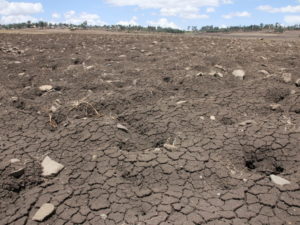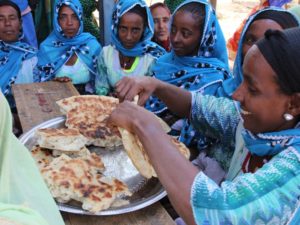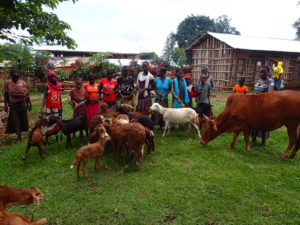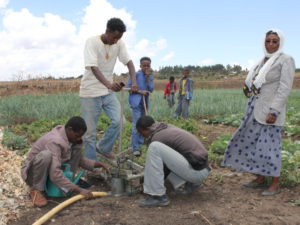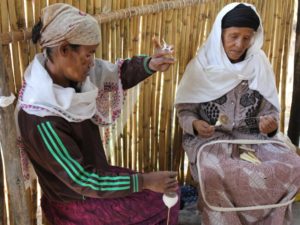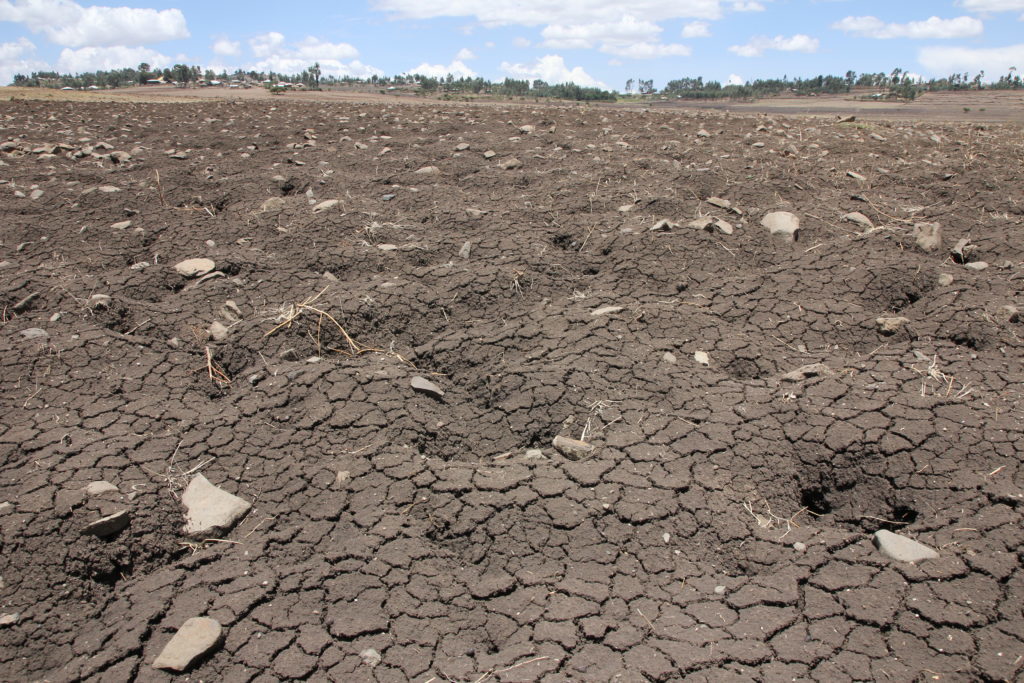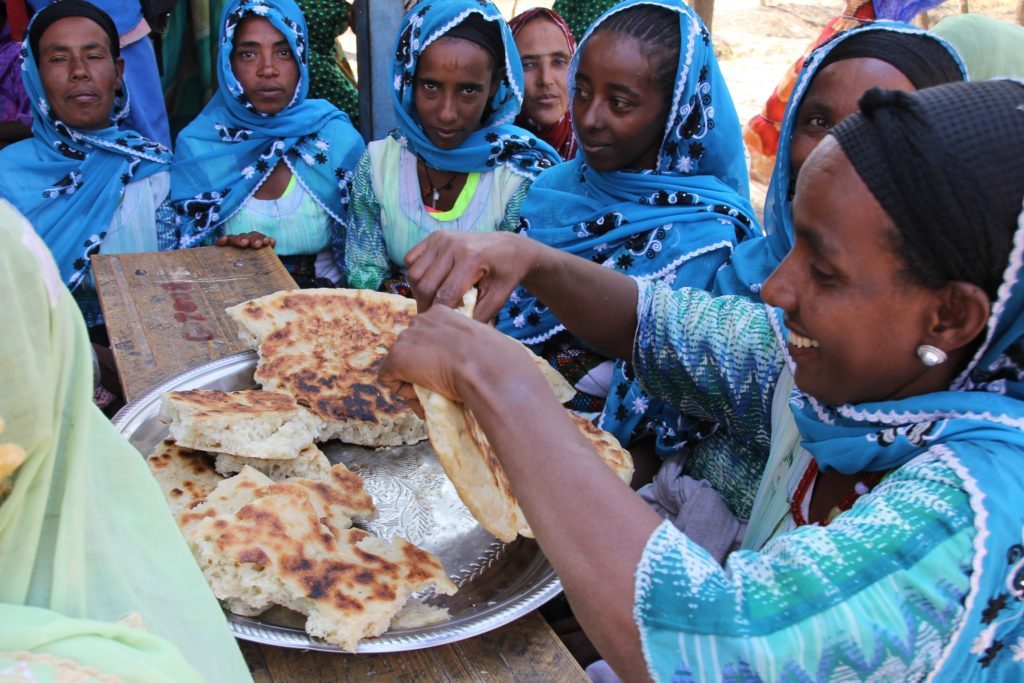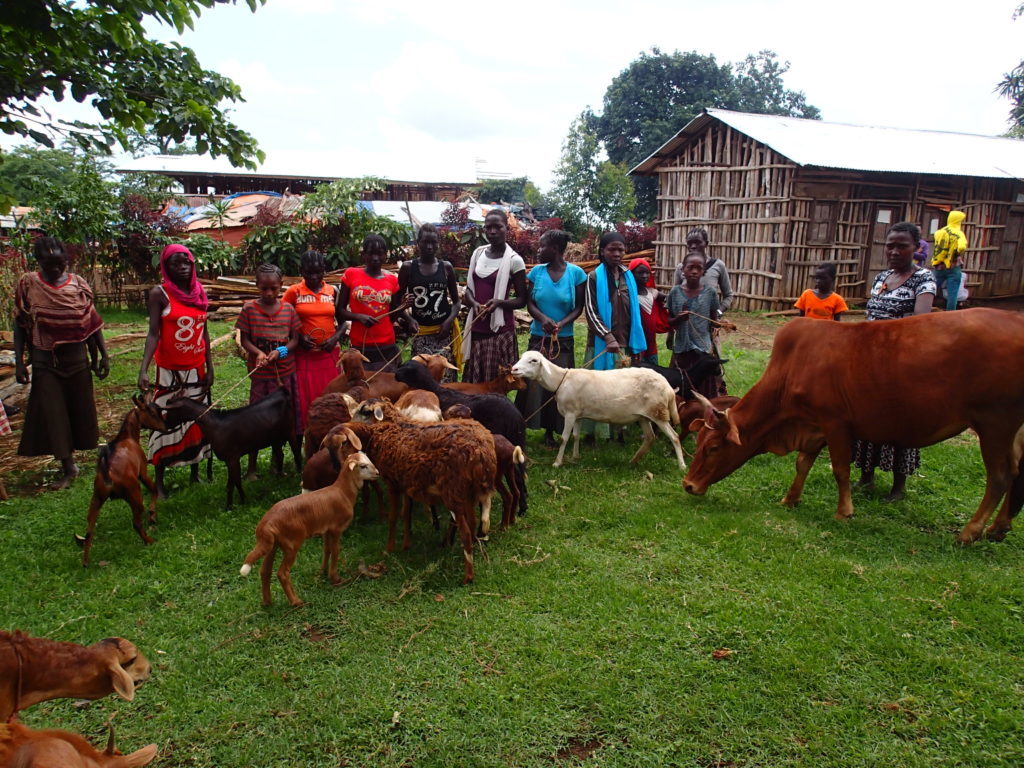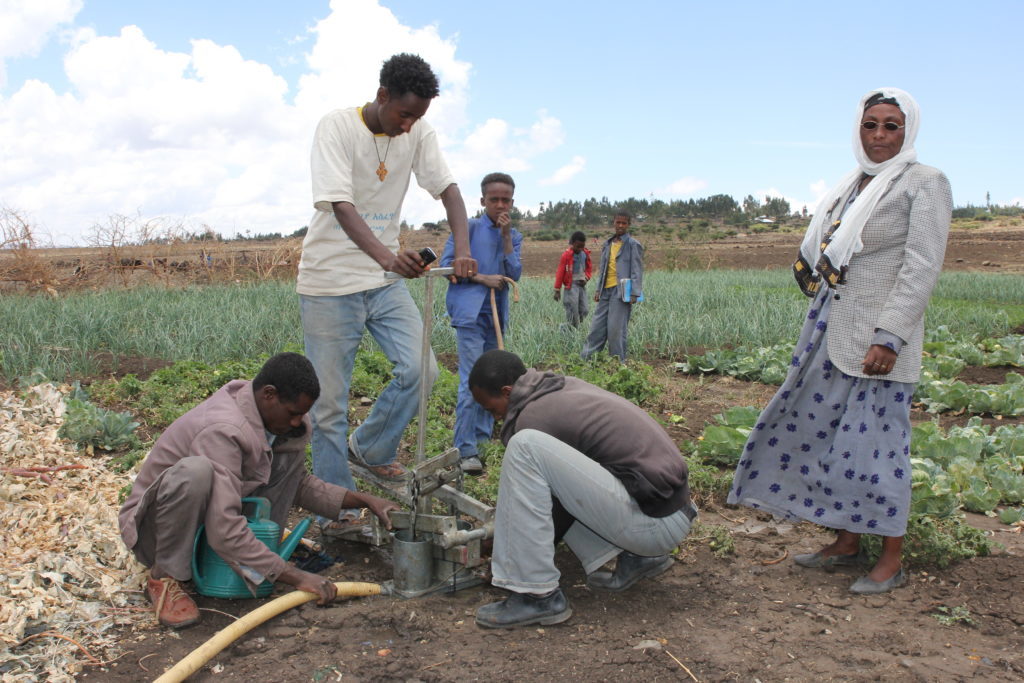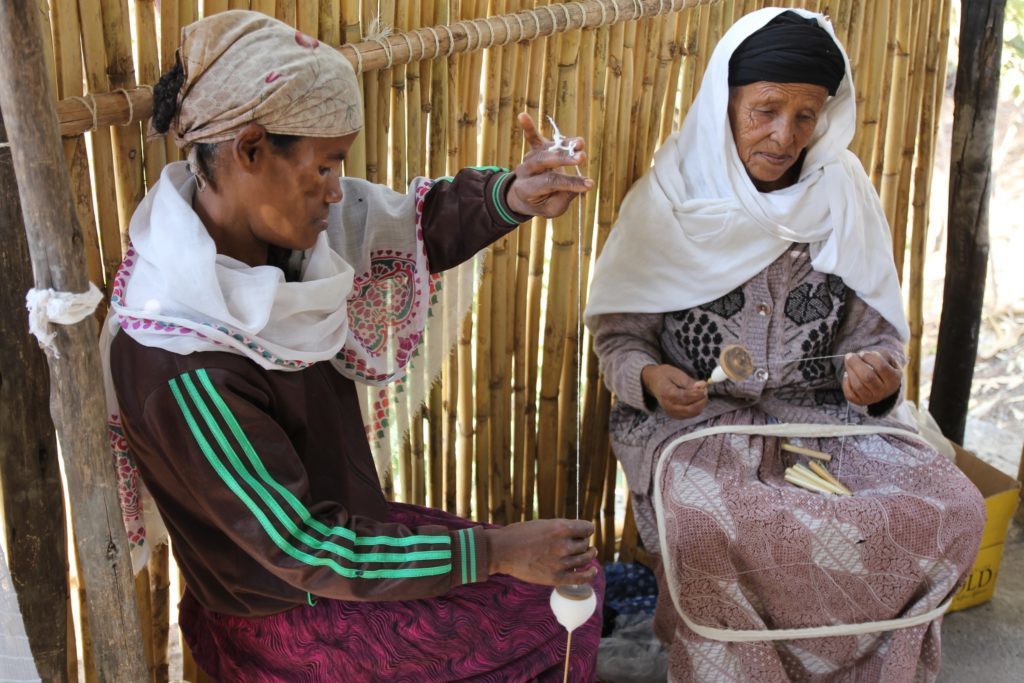
Ethiopia is the oldest independent state in Africa. In Ethiopia there are over 80 ethnic groups with their own languages and cultures. The Ethiopian economy is growing fast, but still one quarter of the population is living on less than one dollar a day. About 70% of the population is employed in agriculture. Weather conditions in the country have changed due to climate change causing challenges to agricultural production. There are many persons with disability and many marginalized minorities in Ethiopia.
Implementing partner: Ethiopian Evangelical Church Mekane Yesus, Development and Social Services Commission (EECMY-DASSC)
Project description
It is estimated that over 3 million DHH people live in Ethiopia. The majority of them being young and school age and yet approximately 85% of DHH children don’t have access to education. According to the Ethiopian Ministry of Education 2019 report, the gross enrollment rate of children with disabilities is 11% which indicates that there is still a lot of work to be done to bring these children to school and at the same time provide quality inclusive education.
The project development goal
Increased access and improved quality of education for DHH students. Increased awareness and positive attitude of the community towards DHH and PWDs. Increased access to IGA and psycho-social support for DHH people.
Examples of key activities
- Teachers acquire advanced sign language and pedagogical skills and apply them.
- Educational materials are produced and learning environment improved.
- Authorities and stakeholder sectors have better understanding of disability inclusion and issues related to DHH children.
- Community develops positive attitude towards DHH and PWDs; creating inclusive society.
- DPOS and ENAD branch office staff empowered in demanding RPWDs.
Implementing partner: Ethiopian Evangelical Church Mekane Yesus, Development and Social Services Commission (EECMY-DASSC)
Project description
The Saylem and Gesha districts of the Kaffa Zone are noted for their biodiversity and natural forest reserve in Ethiopia’s southwest. A large number of people in the region have long relied on the forest and forest products. Moreover, Sayilem and Gesha districts, as potential forest areas, are conducive to the cultivation of commercially important plant species such as spices, Enset root and tuber crops, and honey production. However, Farmers, are confronting food insecurity, economic and social challenges as a result of inefficient use of natural resources, inaccessibility of agricultural technologies, insufficient infrastructure, and limited agricultural extension services.
The project development goal
Improved food security of the target communities. Improved climate change adaptation capacity of the target communities.
Examples of key activities
- Training on vegetable gardening, bee keeping, small ruminant management, organic farming and support them with vegetable and fruit seedlings.
- Provide training on income generating schemes and provide small ruminants.
- Developing spring and provide training on water management.
- Provide training on environmental sanitation and personal hygiene.
Implementing partner: Ethiopian Evangelical Church Mekane Yesus, Development and Social Services Commission (EECMY-DASSC)
Project description
Ethiopian farming communities’ resilience is severely affected by adverse impacts of climate change. Majority of the population in Amhara region is involved in traditional forms of farming vulnerable to the changing climate. Legeheda and Habru districts are among the most disaster-prone areas of the region. The severe land degradation exacerbated by the changing climate puts their livelihoods at risk.
The project development goal
Adaptive capacity of targeted communities to adverse impacts of climate change improved. Increased resilience of communities to recurrent drought. Increased awareness of targeted people on gender equality and climate resilience.
Examples of key activities
- Watershed development and construction of soil water conservation and gully treatment
- Support community and on-farm nurseries for seedling raising
- Training to farmers, committees, government and staff on climate adaptation and mitigation
- Construction of irrigation schemes and spring development for multiple uses
- Vegetable and fruit cultivation and training on agronomic practices and value chain development
- Introduction/promotion of renewable energy technologies and biogas promotion integrated with vegetable gardening
Implementing partner: Ethiopian Evangelical Church Mekane Yesus, Development and Social Services Commission (EECMY-DASSC)
Project description
Land degradation is a prevalent environmental problem in Ethiopia, exacerbated by the effects of climate change. It’s one of the main reasons for low and declining agricultural output, as well as persistent food insecurity and rural poverty. Rapid population growth (2.5 percent per year), severe soil erosion, deforestation, low vegetative cover, and uneven crop and livestock production are all common drivers of land degradation in Ethiopia.
The project development goal
Climate change adaptation capabilities and livelihood opportunities Enhanced. Improved awareness and practices of target community on climate change adaptation mechanisms.
Examples of key activities
- Promote on-farm nurseries and planting of indigenous and multipurpose tress and provide technical support
- Develop two small scale irrigation schemes using reliable water sources in semi dry areas of the target community and provide training on agronomy practices
- Develop springs to improve access to clean water and create awareness on environmental and personal hygiene
- Diversification of income sources through providing sheep and goats, chickens and provide training on animal fodder production
- Engage vulnerable youth on off farm income generating activities like recycling, retail trading and energy saving stoves
Implementing partner: The Lutheran World Federation
Project description
Ethiopia is the second largest refugee-hosting country in Africa, sheltering more than 900,000 registered refugees and asylum seekers. Gambella is one of the four regions in Ethiopia which are considered as the country’s least developed regions, characterized by harsh weather condition, poor infrastructure, low capacity of local government, high level of poverty, and very poor development indicators. The refugee influx accelerated the deforestation and degeneration of the ecosystem and had a range of negative environmental impacts and challenges including land degradation and woodland loss.
The project development goal
Improved wellbeing and dignified living condition of the South Sudanese refugees in Jewi refugee camp and the host community in the surrounding kebeles of Gambella region.
Examples of key activities
- Refugees and members of the host community get training on improved vegetable production and seed multiplication
- Training of beneficiaries on leadership, bookkeeping and management and training on marketing and link groups with market involving
- Training on biodiversity maintaining and promotion
- Conduct assessment to identify gainful small businesses for refugees and host community and train them on small business skills and managements
Implementing partner: Ethiopian Center for Disability and Development (ECDD)
Project description
Despite the ratification of the CRPD by Ethiopia, persons with disabilities have yet to benefit from the principles of non-discrimination, equal opportunity, accessibility, full and effective participation, and inclusion, in the socio-economic and political life of their society. They still face a variety of barriers including attitudinal, institutionalized discrimination, physical, information and communications, and technological barriers. One of the major reasons for these challenges and barriers is the limited capacity and mobilization of organization of person with disabilities which is the most fundamental instrument for the promotion of disability right.
The project development goal
Persons with disabilities to be aware of their rights, have their rights respected, and enjoy improved quality of life and opportunities.
Examples of key activities
- Organize governance, leadership and technical capacity development trainings for DPOs at a regional level and provided technical support of advocacy actions identified by member DPOs
- DPOs become capable of undertaking evidence based effective lobby and advocacy and influence practices and norms for disability rights promotion
- Undertake advocacy campaigns on selected identified issues and Organize lobby events targeting local officials on identified issues at different levels and Support local community mobilization activities by DPOs
